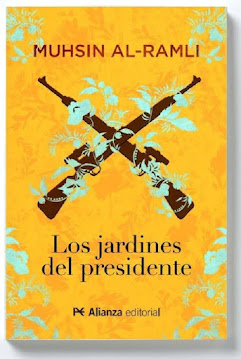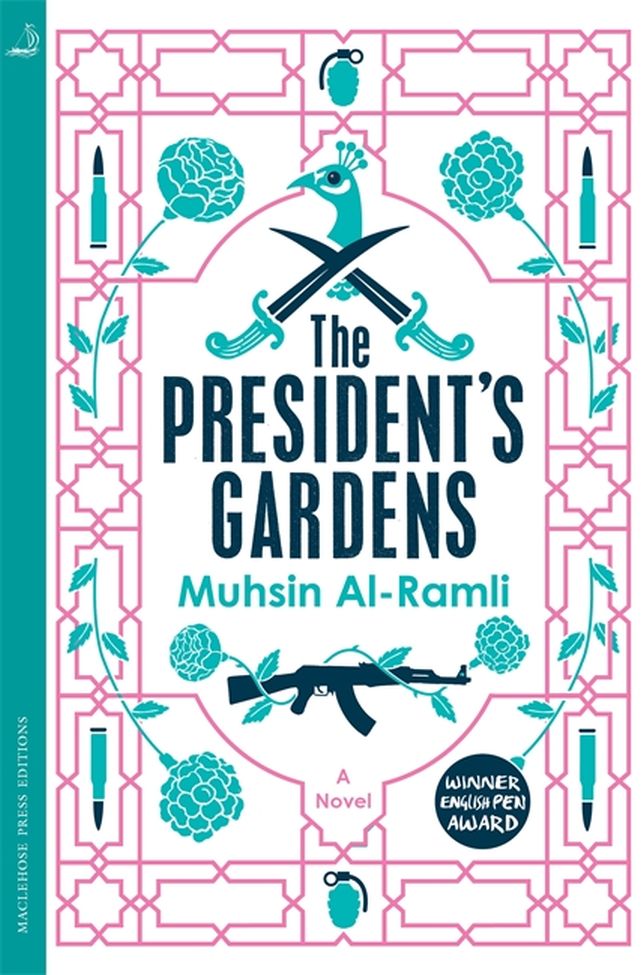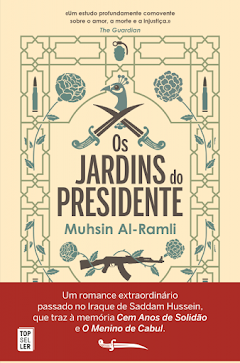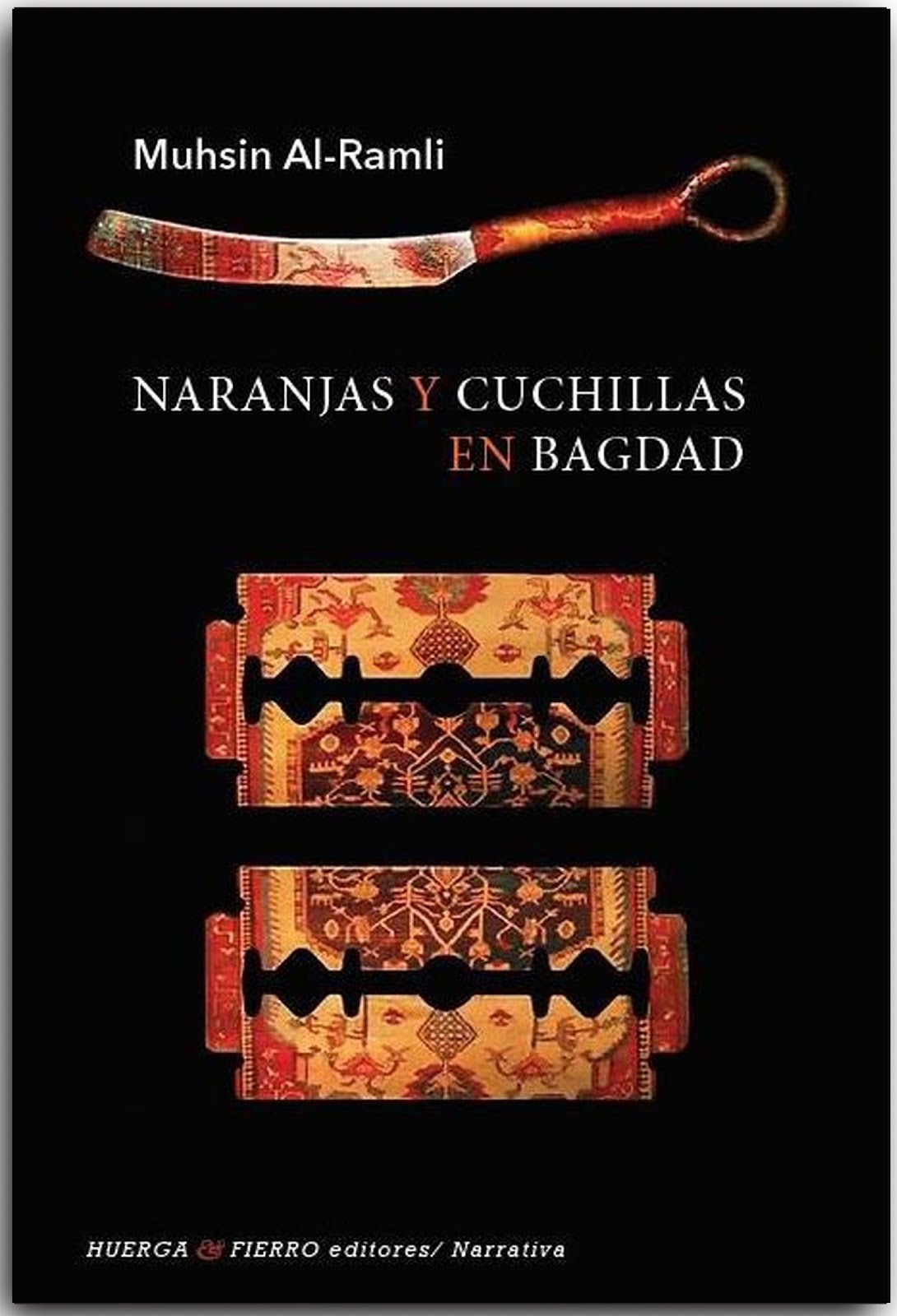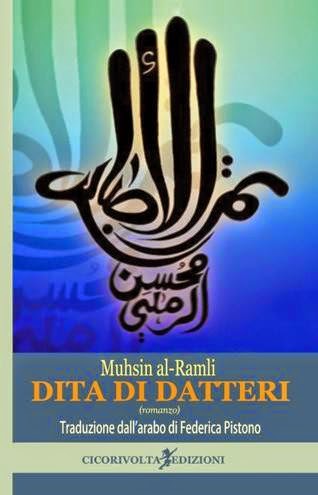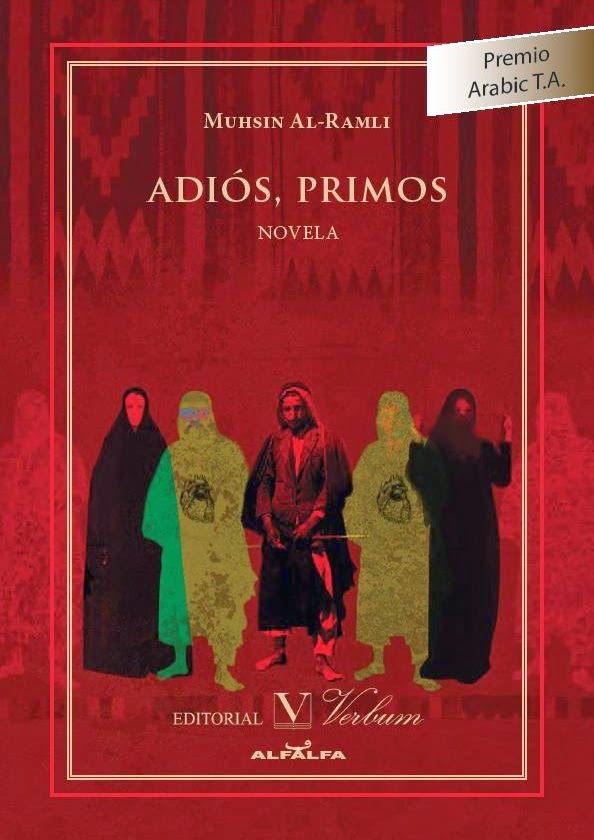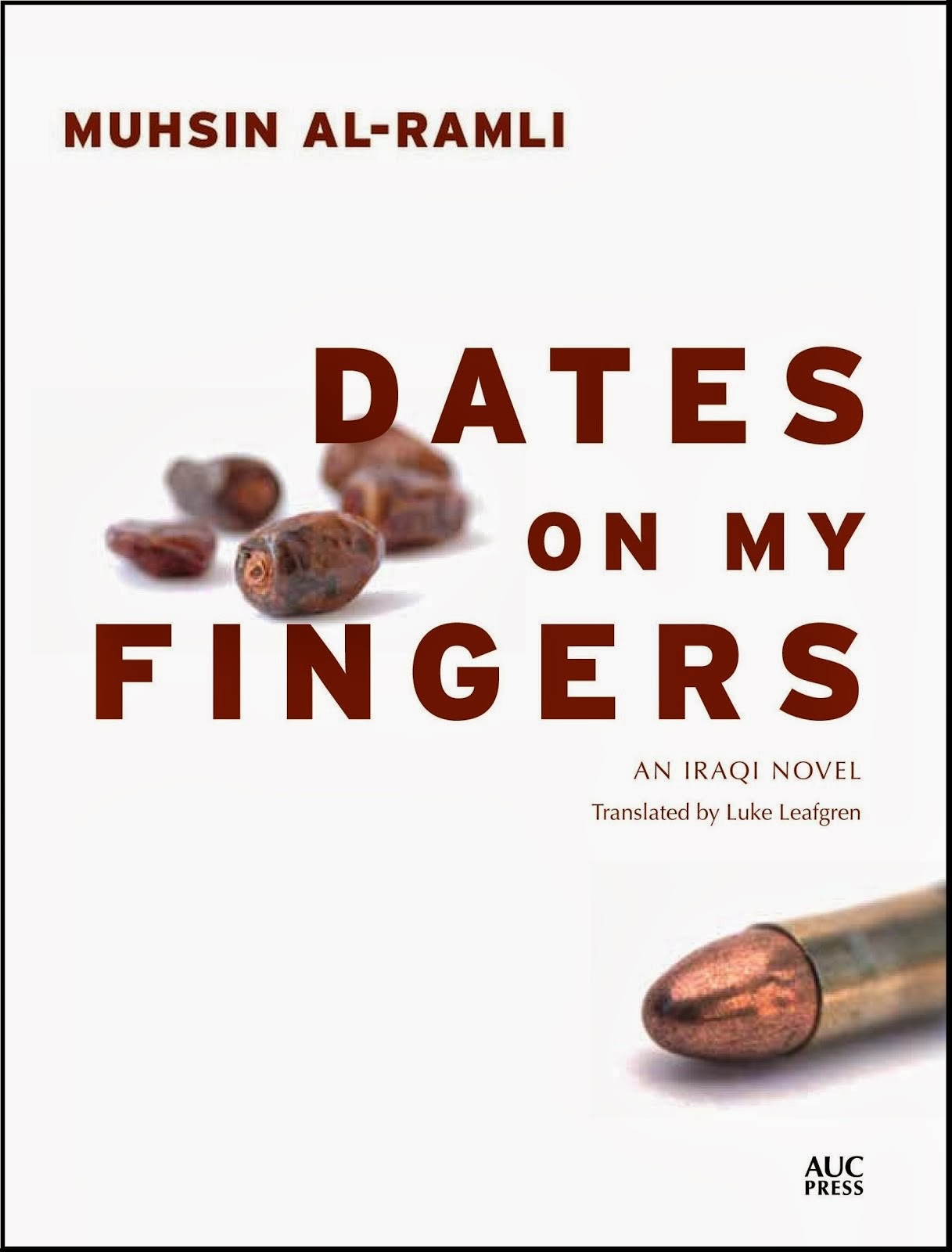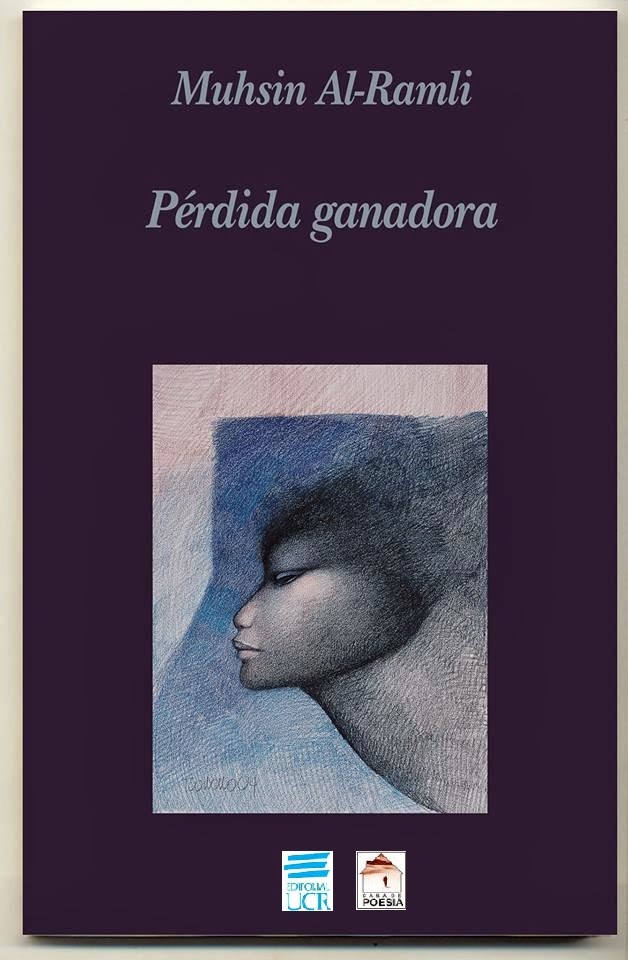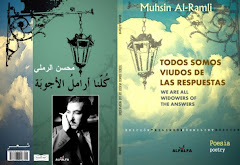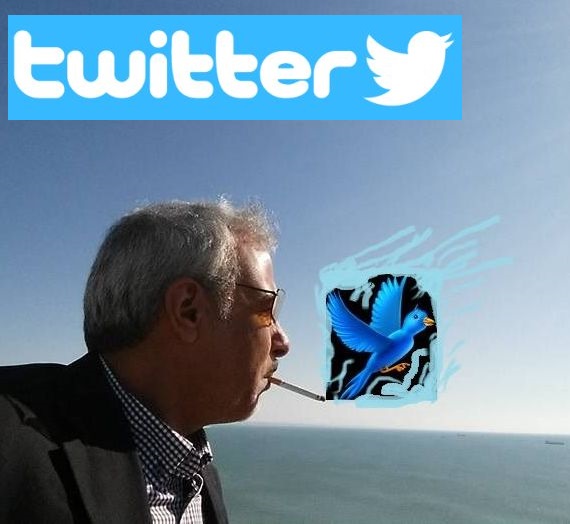NARANJAS Y CUCHILLAS EN BAGDAD
Cuentos de Muhsin Al-Ramli
ISBN: 978-84-946752-3-2
90 págs. 120 grs. 14 x 22 cm.
Encuadernación: rústica con solapas
C/IVA 12 € / S/IVA 11,54 €
NARANJAS Y CUCHILLAS EN BAGDAD Estos cuentos son
variados en tema, forma, estilo y lenguaje, porque están escritos y
seleccionados de varios libros y etapas de la carrera literaria del autor, una
variación que favorece un libro de cuentos, especialmente si se trata de una
literatura poco conocida para el lector en castellano.
“Muhsin Al-Ramli profundiza en sus relatos en la realidad
cotidiana del ser humano. Sus temas son próximos a nosotros: el amor, la
amistad, la religión, la guerra, la mujer, la libertad, pero tratados con
auténtica humanidad. Nos deleita con el sabor de una prosa cargada de sorpresas
y escrita con el corazón. Al-Ramli es un exiliado universal, parte de su
experiencia personal y la universaliza. Igual que fue capaz de sobrevivir la
guerra, es también capaz de introducirnos en su mundo de sensaciones al
recordarla, no limitándose sólo a la crónica del drama, sino desplegando un
tono vitalista y esperanzador. Nos demuestra así una literatura de alta
calidad.”
Elena Moratalla, revista (Amanacer),
nº53/17-23, España
*****
“La escritura del brillante
intelectual iraquí Muhsin Al-Ramli refleja de forma entretenida y verídica la
realidad”.
Periódico Woxx,
nº731/04, Luxemburgo
*****
“Muhsin Al-Ramli desnuda la
frase de todo ornamento para que el lenguaje fluya sincero y doloroso”
Revista Avesta nº6, Alemania
*****
“Trata temas políticos y sociales de
una manera explícita. Su narrativa es universal y casi genérica. Los nombres y
las historias podrían estar ubicados en cualquier pequeño pueblo del tercer
mundo”.
Kamran Rastegar –Columbia University. EE.UU.
Middle East Studies Bulletin, Vol. 38, nº2
*****
“Al-Ramli es uno de los nombres
presentes con fuerza en la literatura iraquí contemporánea, sin duda una de las
voces creativas más brillantes dentro y fuera de su país. Su escritura está
inspirada en la experiencia personal, el sufrimiento durante la dictadura que
ahorcó a su hermano, las guerras en las que fue soldado por tres años y el exilio.
No en vano Al-Ramli es un luchador destacado por la libertad y en contra de las
represiones de los poderes de cualquier tipo”.
Diario Al-Ahram,
nº41734, Egipto
*****

*MUHSIN AL-RAMLI. (Iraq, 1967). Escritor, poeta, traductor
y académico. Ha elegido el camino del exilio desde 1993 y vive en Madrid desde
1995. Doctorado en Filología Española, UAM (2003) por su tesis Las huellas de la cultura islámica en el Quijote.
Actualmente, es profesor en Saint Louis University, Madrid. Es una gura
destacada en la escena cultural árabe. La mayoría de sus obras están traducidas
a varios idiomas. Hermano del escritor Hassan Mutlak (considerado como el
«Lorca iraquí», y ahorcado por el régimen dictatorial en 1990). En España,
cofundó la revista literaria árabe Alwah. Entre sus
libros, sobresalen: Regalo del siglo que viene,
1995; En busca de un corazón vivo, 1997; Adiós, primos, 2000, su versión inglesa Scattered Crumbs fue Premio A.T.A. de la Univ.
Arkansas, 2002; Las felices noches del bombardeo,
2003; Todos somos viudos de las respuestas, 2005; Dedos de dátiles, 2008, finalista al premio
internacional Booker de la novela árabe, 2010. Dormida
entre soldados, 2011; Los jardines del presidente,
2012, premio PEN Translates Award, 2016 y finalista al I.P.A.F. 2013; La loba del amor y de los libros, 2015, finalista al
Premio Zayed del Libro, 2016. Por sus relatos obtuvo los premios: de los
Escritores Jóvenes, Bagdad, 1988 y 1989, y de la Revista Oriente Medio, Londres, 1996.
*En prensa árabe:






































